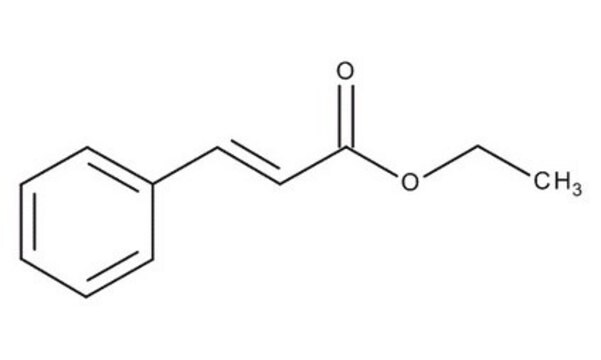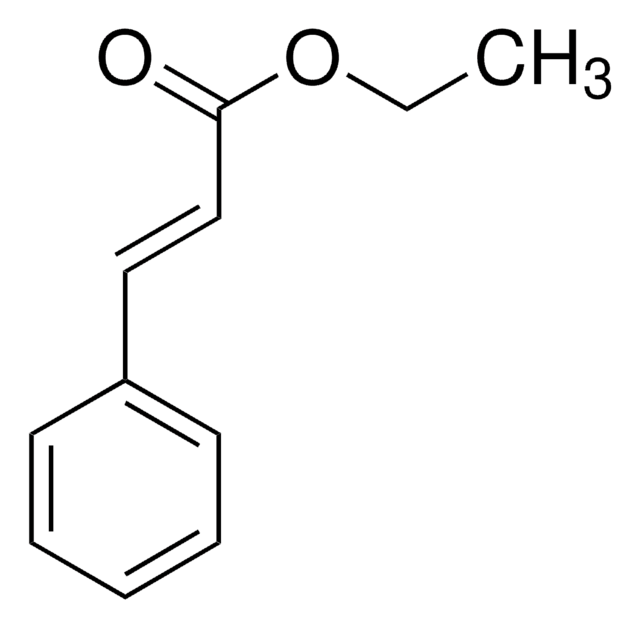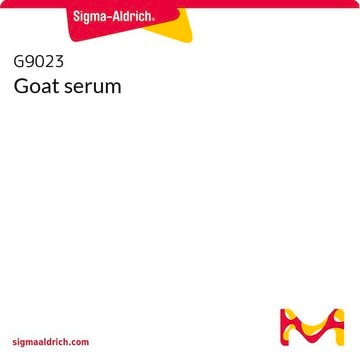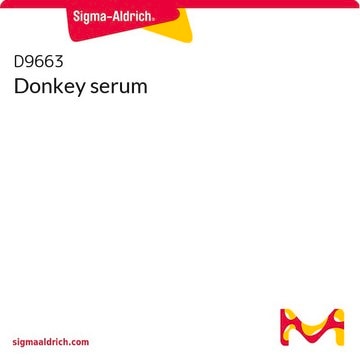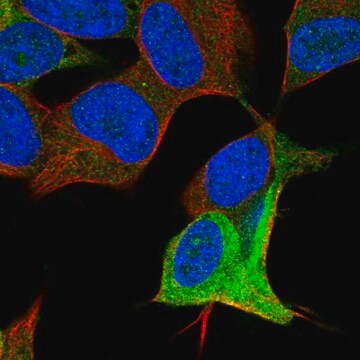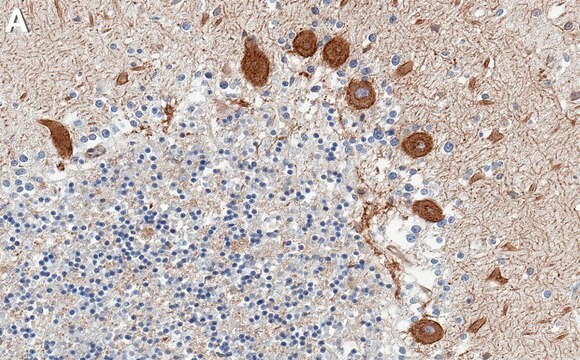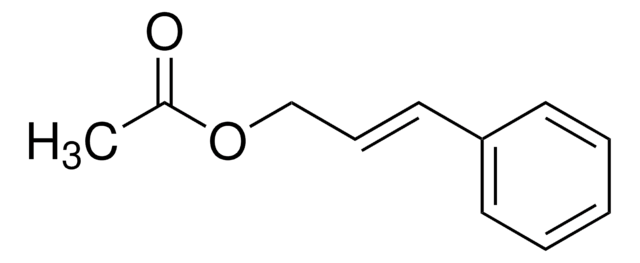112372
Ethyl cinnamate
99%
Synonym(s):
3-Phenyl-2-propenoic acid ethyl ester, Ethyl 3-phenyl-2-propenoate, NSC 6773
About This Item
Recommended Products
Quality Level
Assay
99%
impurities
may contain alpha-tocopherol (synthetic)
refractive index
n20/D 1.558 (lit.)
bp
271 °C (lit.)
mp
6-8 °C (lit.)
density
1.049 g/mL at 20 °C (lit.)
storage temp.
2-8°C
SMILES string
CCOC(=O)\C=C\c1ccccc1
InChI
1S/C11H12O2/c1-2-13-11(12)9-8-10-6-4-3-5-7-10/h3-9H,2H2,1H3/b9-8+
InChI key
KBEBGUQPQBELIU-CMDGGOBGSA-N
Looking for similar products? Visit Product Comparison Guide
Application
- Antimicrobial and antiproliferative effects: Essential oils including Ethyl cinnamate derived from Zingiberaceae family show promising antimicrobial and antiproliferative properties, suggesting their potential application in oral healthcare products. This study provides insight into the utilization of natural products for medical and pharmaceutical applications (Amil et al., 2024).
- Biodistribution and cellular interactions in medical research: Ethyl cinnamate could be investigated for its role in enhancing the permeability and imaging contrast in studies like those investigating the biodistribution of intravenously delivered mesenchymal stromal cells. Such applications could improve understanding in cellular therapies and regenerative medicine (Pichardo et al., 2022).
Biochem/physiol Actions
Storage Class Code
10 - Combustible liquids
WGK
WGK 1
Flash Point(F)
Not applicable
Flash Point(C)
Not applicable
Personal Protective Equipment
Regulatory Listings
Regulatory Listings are mainly provided for chemical products. Only limited information can be provided here for non-chemical products. No entry means none of the components are listed. It is the user’s obligation to ensure the safe and legal use of the product.
FSL
Group 4: Flammable liquids
Type 3 petroleums
Hazardous rank III
Water insoluble liquid
JAN Code
112372-100G:
112372-500G:
112372-5G:
112372-VAR:
112372-BULK:
Choose from one of the most recent versions:
Already Own This Product?
Find documentation for the products that you have recently purchased in the Document Library.
Customers Also Viewed
Our team of scientists has experience in all areas of research including Life Science, Material Science, Chemical Synthesis, Chromatography, Analytical and many others.
Contact Technical Service